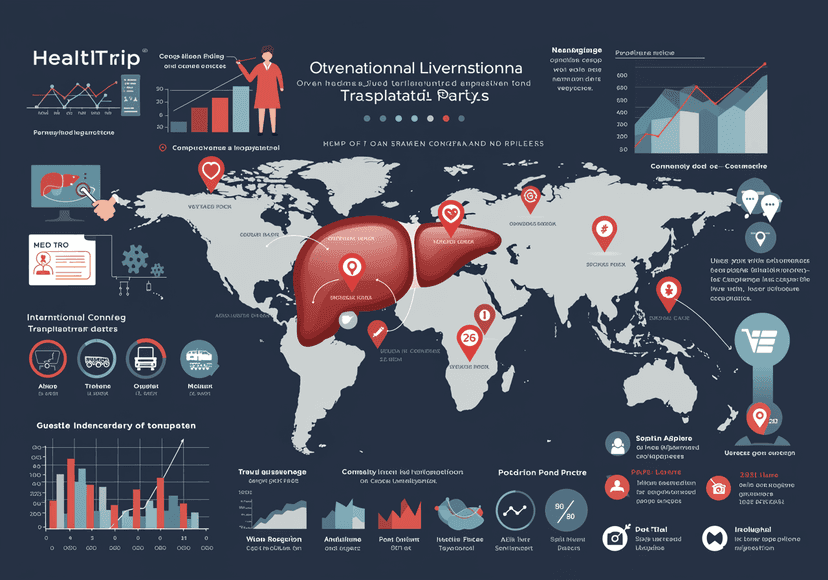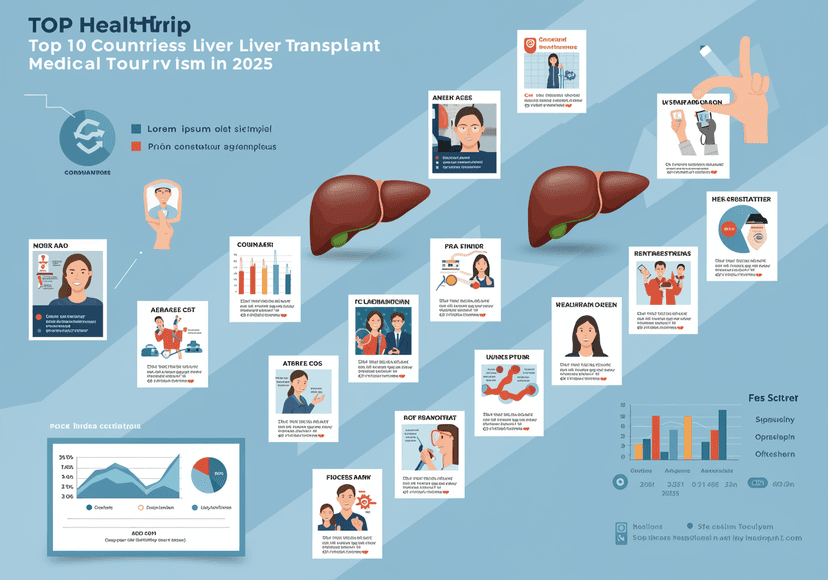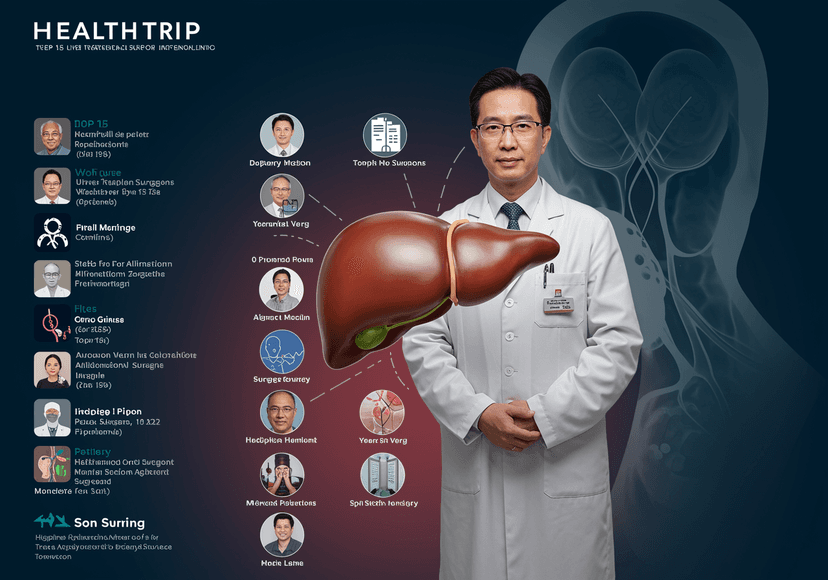
Esophageal Cancer Treatment Options
23 Oct, 2024
 Healthtrip
HealthtripWhen the diagnosis is esophageal cancer, the world can seem to come crashing down. The thought of navigating treatment options can be overwhelming, but it's essential to remember that you're not alone. With the right guidance and support, it's possible to find a treatment plan that works for you and your unique situation. In this article, we'll delve into the various esophageal cancer treatment options available, exploring the benefits and risks of each, and empowering you to take control of your health journey.
Understanding Esophageal Cancer
Before diving into treatment options, it's essential to understand the basics of esophageal cancer. This type of cancer affects the esophagus, the muscular tube that carries food and liquids from the throat to the stomach. There are two primary types of esophageal cancer: squamous cell carcinoma and adenocarcinoma. Squamous cell carcinoma occurs in the upper and middle parts of the esophagus, while adenocarcinoma develops in the lower part of the esophagus. Understanding the type and stage of your cancer will play a significant role in determining the most effective treatment approach.
Most popular procedures in India
The Importance of Early Detection
Early detection is critical when it comes to esophageal cancer. When caught in its early stages, treatment options are more effective, and survival rates are higher. Unfortunately, esophageal cancer often doesn't present with noticeable symptoms until it has advanced, making it essential to be proactive about screening and seeking medical attention if you experience any unusual symptoms, such as difficulty swallowing, weight loss, or chest pain.
Treatment Options for Esophageal Cancer
Treatment for esophageal cancer typically involves a combination of surgery, chemotherapy, radiation therapy, or a combination of these. The most effective treatment approach will depend on the type, stage, and location of your cancer, as well as your overall health.
Wellness Treatments
Give yourself the time to relax
Lowest Prices Guaranteed!

Lowest Prices Guaranteed!
Surgery
Surgery is often the primary treatment for esophageal cancer, particularly for early-stage cancers. There are several types of surgery, including esophagectomy, which involves removing the affected part of the esophagus, and esophagogastrectomy, which involves removing the esophagus and part of the stomach. Surgery can be performed using open surgery or minimally invasive techniques, depending on the individual case.
Chemotherapy
Chemotherapy uses drugs to kill cancer cells and can be used to treat esophageal cancer in various ways. It may be used before surgery to shrink the tumor, after surgery to reduce the risk of recurrence, or as the primary treatment for advanced cancers. Chemotherapy can be administered intravenously or orally, and the specific regimen will depend on the individual case.
Radiation Therapy
Radiation therapy uses high-energy radiation to kill cancer cells and can be used to treat esophageal cancer in various ways. It may be used before surgery to shrink the tumor, after surgery to reduce the risk of recurrence, or as the primary treatment for advanced cancers. Radiation therapy can be administered externally or internally, and the specific regimen will depend on the individual case.
Emerging Treatment Options
In addition to traditional treatment options, researchers are continually exploring new and innovative approaches to treating esophageal cancer. Some emerging treatment options include immunotherapy, which harnesses the power of the immune system to fight cancer, and targeted therapy, which targets specific molecules involved in cancer growth.
Clinical Trials
Clinical trials offer patients access to the latest treatments and therapies, often before they are widely available. Participating in a clinical trial can provide hope for a better outcome and contribute to the advancement of esophageal cancer treatment.
Living with Esophageal Cancer
Receiving a diagnosis of esophageal cancer can be overwhelming, but it's essential to remember that you're not alone. There are many resources available to support you throughout your journey, from support groups to palliative care. It's crucial to prioritize your mental and emotional well-being, as well as your physical health, during this challenging time.
While the road ahead may seem daunting, it's essential to remember that every day is a new opportunity to take control of your health journey. By understanding your treatment options, staying proactive about your care, and seeking support when needed, you can navigate the challenges of esophageal cancer with confidence and hope.
Related Blogs

Healthtrip: Your Guide to Leading Multi-Organ Transplant Centers
Healthtrip

Healthtrip: Advanced Brain Treatment Options with Expert Surgeons
Healthtrip

Healthtrip: Global IVF Treatment - Journey to Parenthood
Your Path to Parenthood with Healthtrip

Healthtrip: Navigating International Liver Transplant Options & Prices
Healthtrip

Healthtrip: Top 10 Countries for Liver Transplant Medical Tourism in 2025
Healthtrip Medical Tourism

Healthtrip: Top 15 Liver Transplant Surgeons for International Patients
Healthtrip










